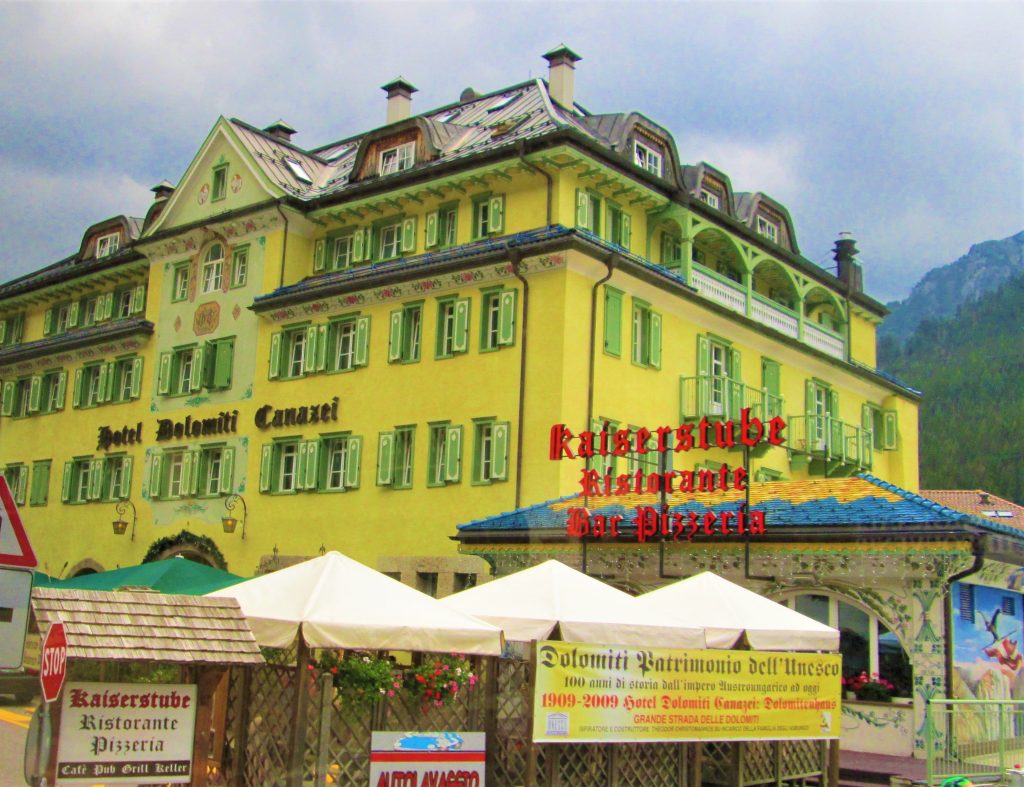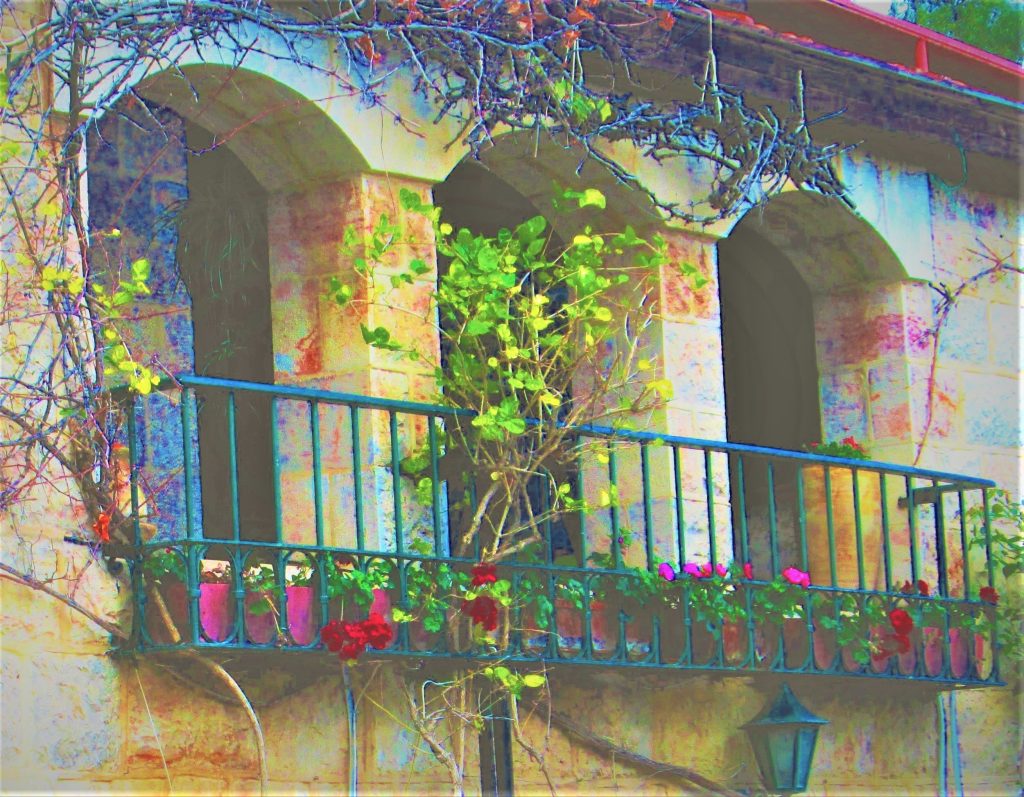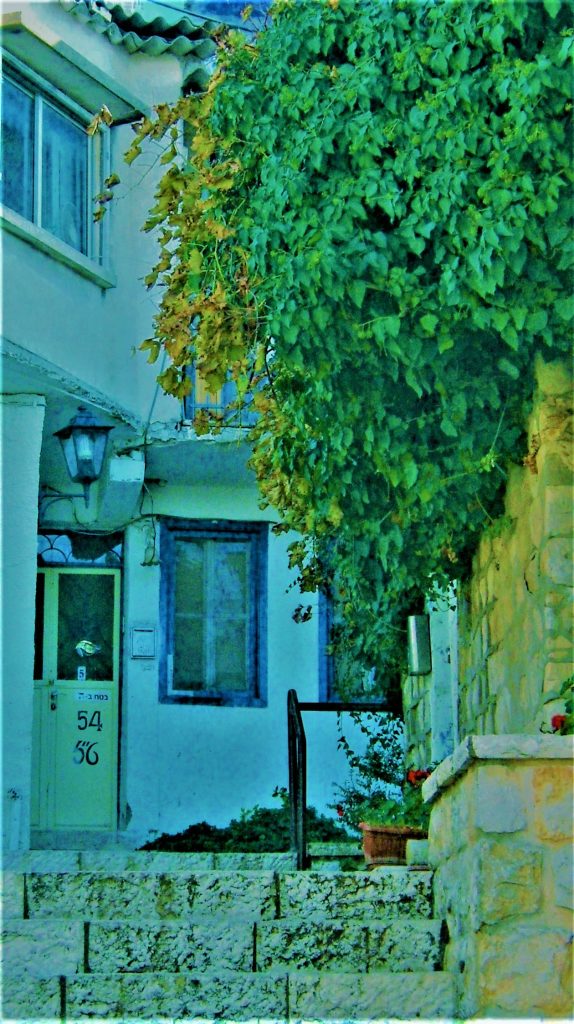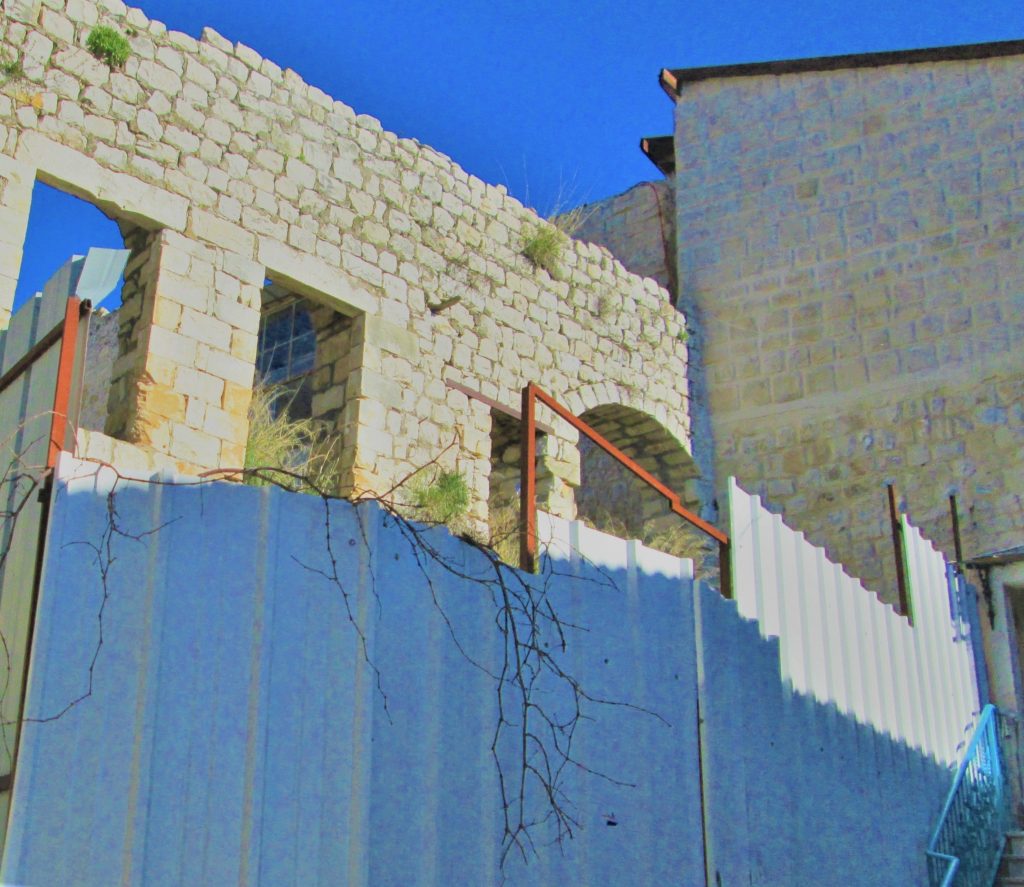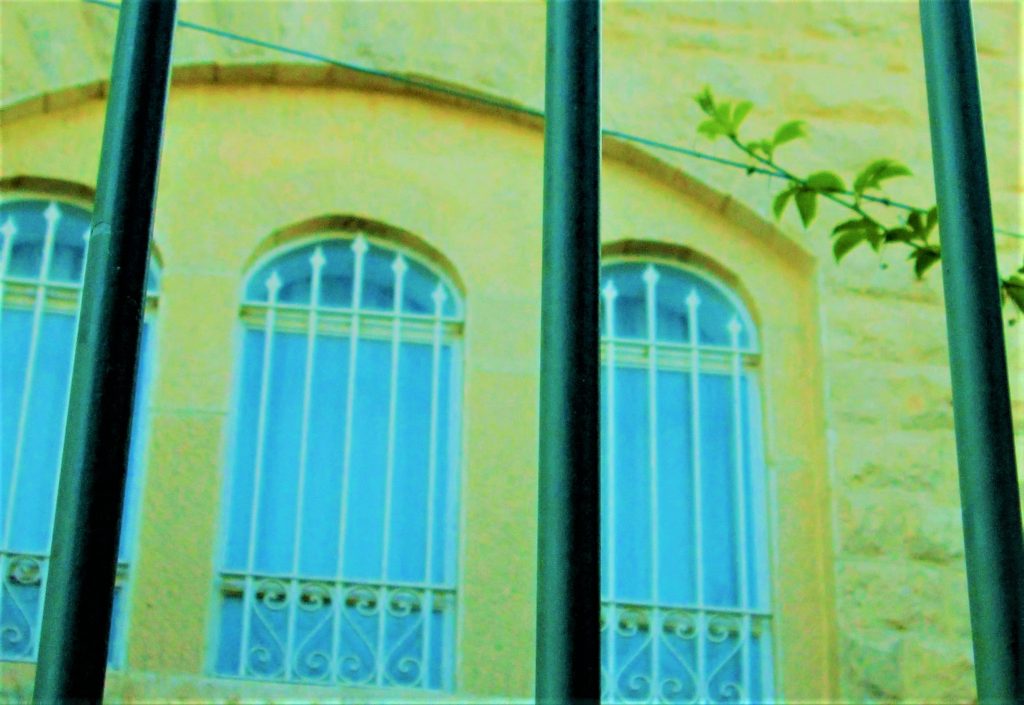February’s first issue of Synchronized Chaos Magazine will go live on February 5th. This is because I have a bad case of Covid and am in bed.
Category Archives: CHAOS
Synchronized Chaos Mid-January 2023: To Scratch the Sands of Time
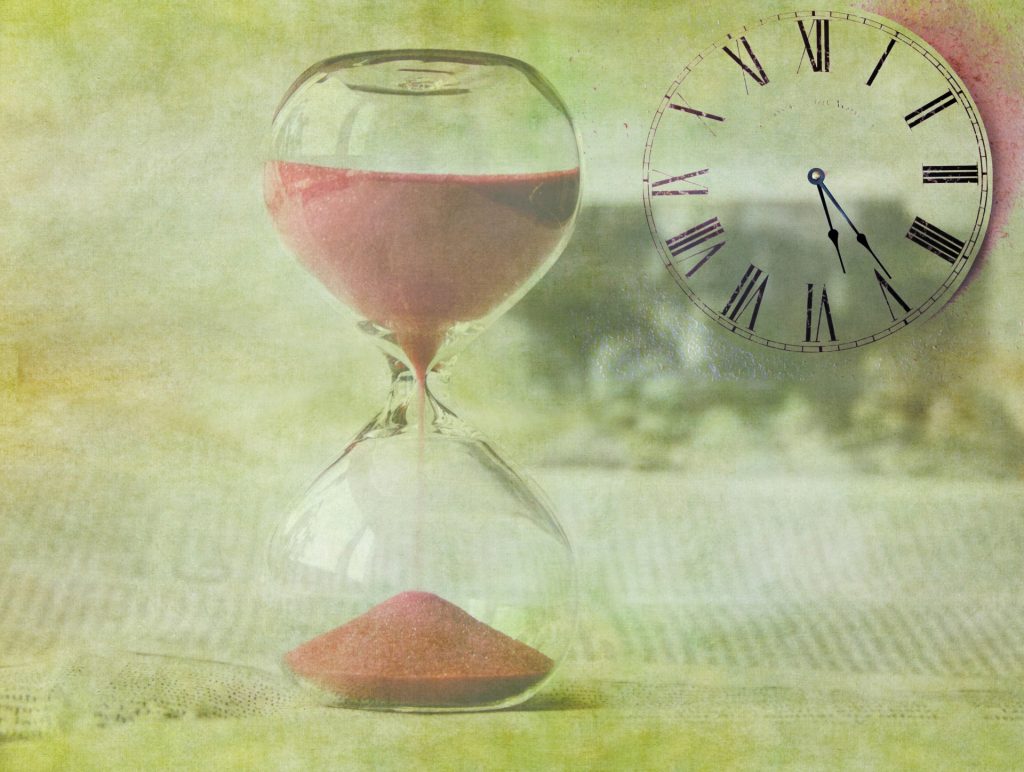
Welcome, everyone, to 2023’s second issue of Synchronized Chaos! In this season of renewed energy and resolution, we are excited and ready to leave our mark on the sands of time.
But first, our friend and collaborator Rui Carvalho reminds us about our Nature Writing Contest for 2022.

This is an invitation to submit poems and short stories related to trees, water, and nature conservation between now and the March 2023 deadline. More information and submission instructions here!
Chimezie Ihekuna poetizes about his quest to leave a positive legacy despite whatever befalls him in life.
Randall Rogers explores our self-concept, how we perceive ourselves versus how others see us. J.K. Durick goes farther with the theme of cultural and personal identity, questioning what it is in a name, a photograph, or a sport that comes to define us.
Channie Greenberg’s photos show off windows on buildings of various sizes and shapes. Leslie Lisbona recollects an afternoon swimming with her older brother, a sibling relationship that expands her view of the world.
J.J. Campbell explores less amusing places where our minds can wander during periods of forced inactivity. Meanwhile, Ubali Ibrahim Hashimu takes joy in books, comparing his earthly love to the joy of learning and literature. Zulfiya Shomurotova relates the mixture of emotions she feels on seeing rainfall and uses that as inspiration for her writing.

Robert Fleming’s art integrates human eyes, mathematical formulas and tree rings to form thoughtful compositions, while Mark Young’s work connects words, form and color, with the letters of the alphabet forming figures of beauty. J.D. Nelson connects real and imagined words to create a sonic experience of form and rhythm.
Stephen House builds his sense of compassion by immersing himself within nature and enlarging his circle of connection to other beings. Z.I. Mahmud writes of how poetry, art, writing and film can help us make sense of and take action on abstract matters such as melting ice caps and climate change.
Daniel De Culla also speaks of other beings in his amusing tale of the relationships among dogs in a Spanish village church.
Jim Meirose contributes a meditative ambient piece on a church receiving a mysterious package.

Donna Dallas writes of the passing of time, what we remember and what falls from the grasp of our minds.
Sayani Mukherjee draws on cultural memory by exploring the history of a sunken ship, viewable only through a submarine window.
Emeniano Acain Somoza, Jr. provides a snapshot of a time and place, a convenience store scene in an island locale that endured colonization.
Corey Cook evokes winter, retirement and disuse, and the losses of war in his haiku-adjacent work. Mykyta Ryzhykh touches on the dislocation and disembodiment brought about by war and homophobic prejudice. Chris Butler warns of the destructive and wasteful trends within human society that may bring about an apocalypse.
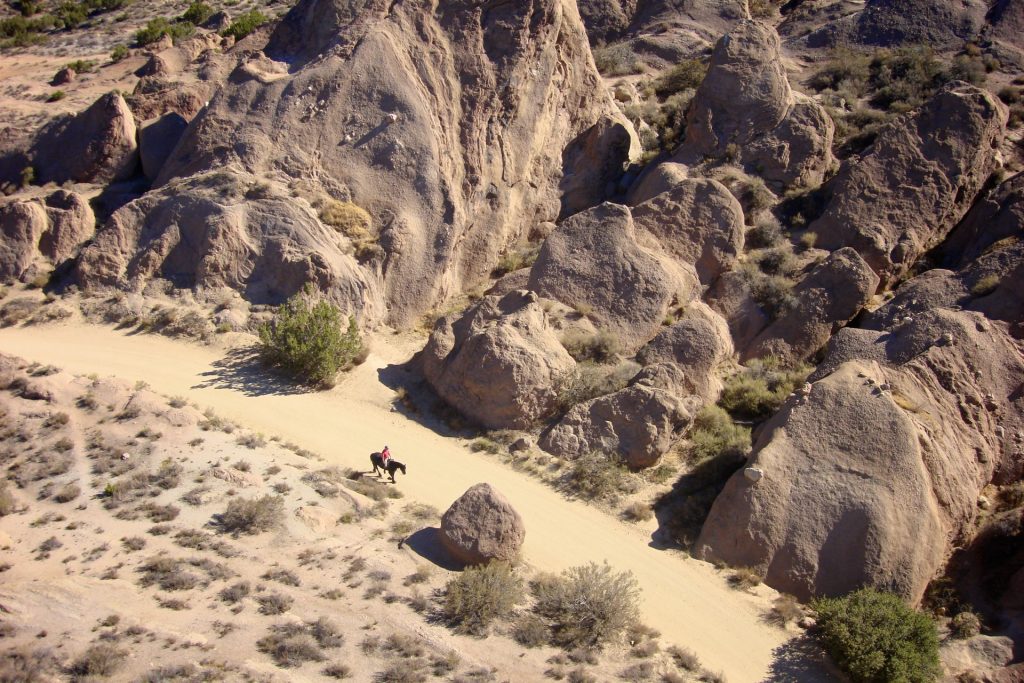
Santiago Burdon also explores how we process grief, and the need to consider the impact of our memorials on other life around us.
Jelvin Gipson encourages us to love our close family now because death will arrive in the future.
Michael Lee Johnson speaks to the frailty, but also the promise, of the human experience and the creative process.
May we use the time we have on Earth to scratch, not simple dividing lines, but patterns of wisdom, intricacy, and beauty, into the sands which surround us.
Poetry from Sayani Mukherjee
Vessel By Sayani Mukherjee Kites of uneventful evenings In the middle ground Of a sun soaked deadline Loopholes and pigeonholed Bricks, cements, chimney sweep brush Petit heads that surface Moon phased inner city lights Log brimmed night towered watch brim Dainty arrows that come down Boils into a fightful secrecy What appears is a vessel Underneath a giant submarine Depths deaths numerous tunnels A cool icy maiden voyage Angelic frequencies of musing tickets Law business of stockings and paperwork Her world, a wimming puddles Cabins are smudges smitten by a car crash ride Twin towers bin bucket Of lake house high Mornings are chimney sweep Parrots stricken blue tapestry Leftist rights and insights Just a vessel of an innocence personified.
Photos from Channie Greenberg
Poetry from Corey Cook
icicles hang from the clothesline housebound # # # only a scarf where the snowman stood incessant rain # # # twilight school janitor reties the snowman's scarf # # # Ukraine under siege shelves of toy soldiers collecting dust # # # Corey D. Cook's sixth chapbook, Junk Drawer, was published by Finishing Line Press in 2022. His poems have recently appeared or are forthcoming in *82 Review, Akitsu Quarterly, Black Poppy Review, Duck Head Journal, Freshwater Literary Journal, Muddy River Poetry Review, Naugatuck River Review, Nixes Mate Review, and South Florida Poetry Review. Corey lives in East Thetford, Vermont.
Poetry from J.K. Durick
Name
What’s in a name? Well that’s simple
enough. Didn’t need Shakespeare for
this one. Think about a name, your
name for a moment. It’s a string of
letters lined up, linked, letters you
recognize on the page in front of you.
They make a sound you know very well
heard it called in school, out in the field
in church, in court. You responded most
of the time, laying claim to it. They say
hey, John, or Frank or Freddy, and you
snap to or groan a response depending
on who was saying your name. It’s yours
and you have woven your life into it, things
you did and still do, places you’ve been, even
the people around you who say your name
whisper it, or shout it or just say it when
they pass you on the street. It was born with
you, in you, you became it, it became you
and now it’s aging with you, got this old
along the way, got tired, and now just waits
for the last time to hear itself called. We’ll
always know what’s in our name – it’s easy.
Mid-Afternoon
I’m the older gentleman in the picture
don’t like the word “elderly,” so I am
the older gentleman walking his older
dog, mid-afternoon. It’s mid-afternoon
when older men and dogs have time
for such things. It’s mid-afternoon and
the kids are just getting out of school,
some excited and playful and some are
strangely subdued. The scene includes
the older man and dog and the children.
The afternoon casts shadows and a few
suggestions for the scene. I’m sure that
Hallmark has this on a card, a sentimental
almost scary rendering, an illustrator’s
best effort with the ingredients. The verse
on the inside would make use of contrasts
age and actions, perhaps something about
how, for some it’s the afternoon of a day
while it’s the afternoon of life for some others.
Got Game
There comes a point in the game with
both teams bungling, fumbling, acting
as if they forgot how to play, a point in
the game when you start thinking about
your childhood dreams and plans about
playing, thought it out, there you were
catching the pass over your shoulder then
running, zig-zagging, you could hear
the stands, the cheering, the commentators
analyzing your moves, but, of course, you
never tried out, grade school, junior high
high school. You watched from the stands
went to a college that didn’t even have
a team. Plans and dreams disappear like that.
You went on with your life, a watcher, a fan
until one Sunday, today you watched two
teams bungle, fumble, seem to forget how
to play, and there you are again, your
childhood self, that other self that got left
behind, catch a pass over your shoulder and
run, zig-zag, while they all cheered you on
this time.
Poetry from Emeniano Acain Somoza, Jr.
No New News At New Year Just a stone's throw away from our porch We hear the din coming from the corner Convenience store—created by the usual clique Of third-world louts, termagants and nosey hags In short, the ne'er-do-well has-beens of internal Backwater affairs, here in this fishing village On this our tiny tropical island called Siquijor, "Isla del Fuego" by the Spanish Conquistadors Of epochs past— They all used to be celebrated for the skills That had somehow kept the evolutionary lifeline Alive of a hardy brown race—still thriving in the fringes Of urban progress. Somehow we get the feeling That the collective trip down the abyss of perdition Might have been caused by the grim realization That fortune and luck now too have digital passcodes They can only whine in silence as they guzzle down Even the dregs of the coconut toddy now souring With the uneventful setting and rising of the sun When the store owner tried to shush them As a signal for the daily oral newsbreak In particular the one about a young girl's Mysterious pregnancy—they all threw a hissy fit As they clapped back at the rather late delivery— "Shame on you, Gorya! Go upgrade your ears", shouted one of the nosey termagants Who was there for the free booze—to the delight Of the audience that was now getting rowdy Especially the hags, termagants, tired wives Of the men slowly dying with quiet rage— Here comes the murmurration of ricebirds Hovering above a chaos of thorny thickets I know I want no more of this sedentary rebellion But I remember telling myself the same last year

